An Expert Breakdown on Hormones and Acne
Thanks to my obsession with teen magazines in my youth (Hi Sassy and YM!), the early catalysts to my eventual career in journalism, I learned about the importance of skincare at 16: never leave the house without an SPF, never sleep with makeup on, and stay far away from tanning beds.
What these magazines did not prep me for, and I had to learn on my own, was that as you age, your skin will go through some radical hormonal changes—and you can definitely thank your menstrual cycle for that. (In the last 10 years or so, every week my own skin is one of the following: oily, dry, extra sensitive, or full-on acne-prone. Rinse, repeat. What’s going on?!)

Here’s a professional breakdown on hormones and acne. We’ll talk about how our skin changes throughout our menstrual cycle, and as we age gradually towards menopause. (!!!) Buckle up, it’s a wild ride—but a skincare journey you can handle if you’ve got a fantastic dermatologist and esthetician to guide you.
Hormones 🤝 acne
In the days leading up to our period, and while actually on it, how can we best care for our skin? According to Rochester, New York-based dermatologist Dr. Allison Holm, your premenstrual flare-ups are thanks to your hormonal fluctuations.
“The hormonal changes can lead to more sebum (oil) production which tends to cause flares in acne.”
Steps that can be taken to calm your skin down include using daily acne treatment to keep acne under control (“not just treating when it flares” clarifies Dr. Holm), and using both over the counter and prescription products—this is when you should probably see a derm.
“Good over-the-counter treatments include benzoyl peroxide (both lotions and cleansers), topical retinoids—such as Differin and prescription tretinoin–and on the spot treatments such as pimple patches like Dalmation, which can speed up a pimple to resolve much more quickly,” says Dr. Holm. “Another approach is to treat hormonally using oral birth control pills and/or hormonal therapy such as Spironolactone.”
@teawithmd #hormonalacne is one of the conditions that I really like treating because we have a lot of tools at our disposal to help patients. #spironolactone is a gamechanger #acne #acnetreatment #acneskin #acnescars #acnetips #dermbypark #greenscreen ♬ original sound – Dr. Joyce Dermatologist
How to manage acne on your period
If you tend to break out around your period, nutrition and hydration could help tame your skin.
Fill your water bottle
According to skincare expert and registered nurse practitioner Kris Adair, co-owner of Adair MedSpa, there’s a connection between hydration and breakouts. So, drink your water! “Focus on hydration about a week before your cycle. Also, reduce the amount of sugary foods and dairy in your diet as these foods can directly contribute to skin irritation and breakouts.”
Food and your mood
Yes, there are certain types of foods that can cause breakouts.
According to Adair, triggers for some people may include
- Fried foods or foods high in saturated fat
- Foods high in sugar such as sweets, sodas, and fruit juice
- Coffee drinks
- Dairy–especially processed or high fat dairy
@kaylaseah After a year of skin issues… #iud #acne #skincaretips #greenscreen #greenscreenvideo ♬ original sound – 💍
IUDs and acne
In lieu of pills and injections, many women are turning to IUDs as a form of birth control. What’s the connection between IUDs and your skin?
According to Dr. Holm, many IUDs (intrauterine devices are a form of birth control that an OB-GYN inserts into your uterus) can trigger flare ups of acne, primarily those that contain hormones (progesterone). “This can flare pre-existing acne or trigger acne in women who never had acne before.”
It typically starts a few months after the IUD is placed and tends to improve within a few months of removal of the IUD.
Adds Dr. Holm: “One alternative would include a hormone-free IUD which would not impact the skin.”
How irregular periods impact your skin
If your cycle is irregular—meaning, you do not get your period every 28 days or so—how does that affect your skin currently, and as you age?
“An irregular menstrual cycle either means there is a ‘glitch’ in your menstrual cycle causing overall dysfunction or your body is producing more of certain hormones and less of others making your cycle irregular,” explains Adair. “This directly affects the skin dynamic, causing worsening symptoms like skin congestion, hyperpigmentation, rosacea, irritation, acne, especially cystic acne and even hair growth in some cases.”
This is something you can—and should—discuss with your dermatologist or licensed esthetician.
What about adult onset acne?
I’ve felt better about my own acne bouts knowing friends my age are also dealing with adult-onset acne—even those of us with clear skin in high school.
Dr. Holm says adult female acne is very common, affecting 50% of women in their 20s, 30% of women in their 30s and 25% of women in their 40s.
“For some women it’s hormonally triggered, due to excess male hormones, for other women the cause is unknown,” explains Dr. Holm. “Some women develop acne peri-menopausally (so, around menopause) but the exact trigger is unknown. For most women acne will resolve by menopause.”
@dermguru Episode 1 | skincare steps like a dermatologist #SkinCare #FaceWash #SkinCareTips #Dermguru #SkinTok #DermTok #SkinCareTikTok ♬ Super Freaky Girl – Nicki Minaj
Does makeup trigger acne?
In general, makeup is not a huge trigger for acne, explains Dr. Holm, “but it is helpful to wash at least twice a day to remove excess dirt and sebum. Most makeup is water-based and not a major issue for acne, but it is best to avoid heavy pancake makeup; such as stage makeup which is oil-based.”
She adds: “If wearing makeup while working out and sweating it’s probably best to wash off the makeup as soon as possible after working out.”
When it’s okay to pop a pimple
According to Dr. Holm, the answer is NEVER. (But you already knew this!) “Even though the temptation is there and it’s a common habit for many people, squeezing and popping a pimple tends to leave an inflamed mark and a much higher chance of a scar.”
Alternatives to popping a pimple include applying a pimple patch—which are helpful for resolving a pimple quickly, “but also serve as a barrier to avoiding the temptation to pick at the spot.”
Other options, says Dr. Holm, would be applying hot compresses, spot treating with an acne cream such as a benzoyl peroxide, retinoid, or topical antibiotic.
Bad habit triggers
To keep your skin healthy and happy at any age, Adair’s basic advice is the:
- No touching or wiping your face with your hands
- Clean your cellphone or ear buds regularly
- Clean your makeup brushes and sponges before use
“Also, change your pillowcase weekly and correctly prep your skin before full makeup application,” adds Adair. “Other acne triggers can be not properly removing makeup when cleansing and sleeping in your makeup.”
Time for a checkup
Are you wondering: After years of decent skin, why am I breaking out like crazy lately? It can’t just be stress, right?
Honestly—your breakouts could be a sign it’s time for a full-body physical.
“I often say your skin’s a reflection of what is happening on the inside, so if your skin suddenly develops an acne breakout or changes out of nowhere, then there is likely something internally happening,” says Adair. “Potential causes could be digestive dysfunction, cortisol/stress-related hormone dysfunction, and endocrine disruptions such as thyroid or perimenopausal hormone changes or new onset of a medical condition.”
According to Adair–Seeing your primary care MD first and then a dermatologist can help evaluate and treat this issue properly. You may have some gut health issues, or need to have your thyroid checked; and a bout of acne could be some type of medical “warning sign.” So, think of acne, as annoying as it can be, as a reminder to not neglect your mind, soul, AND body.




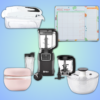



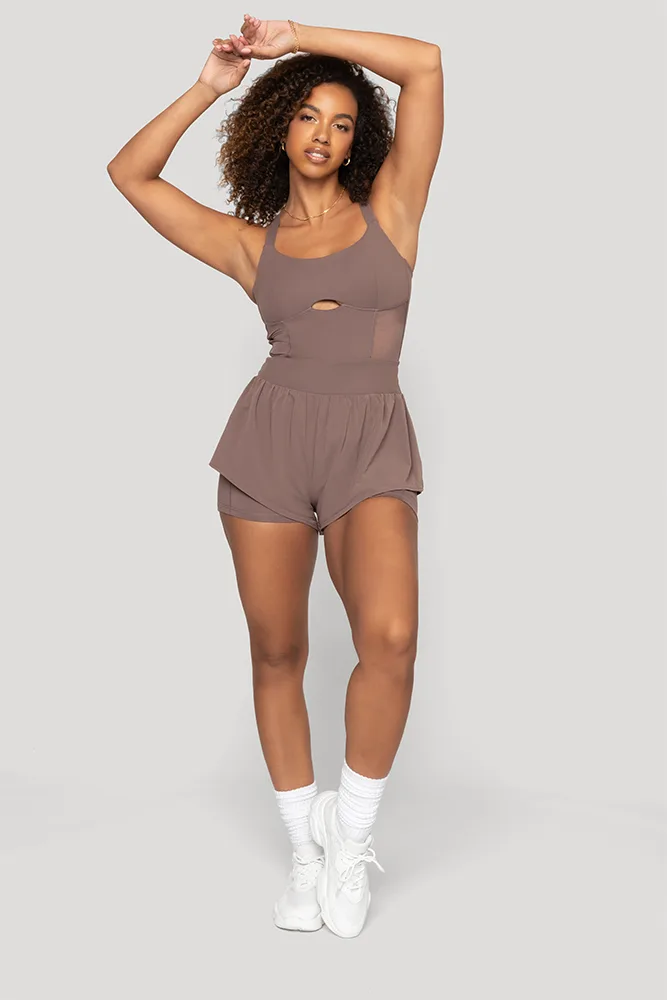
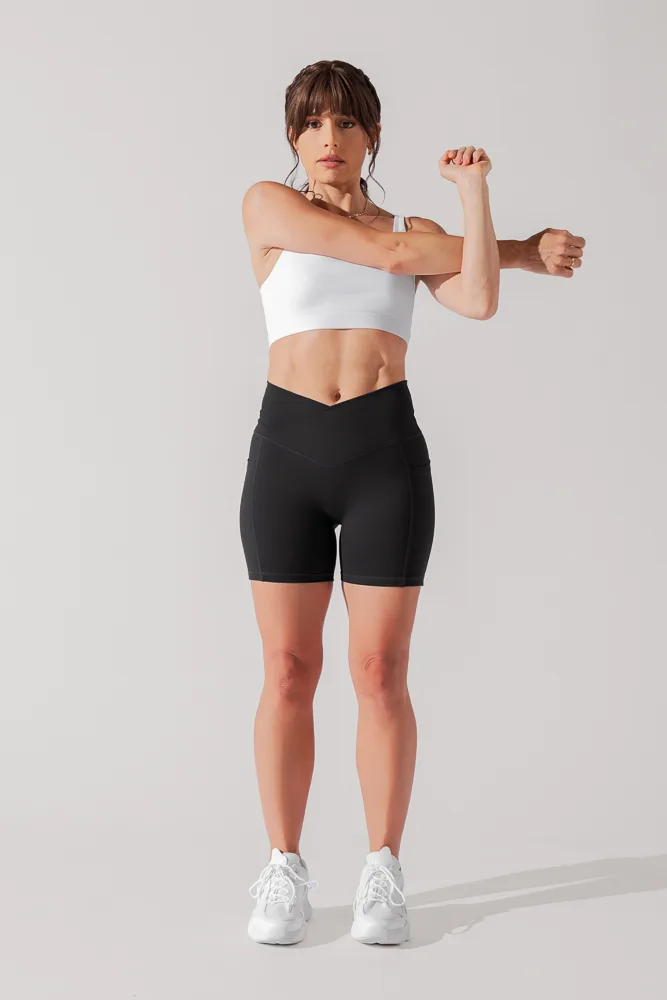

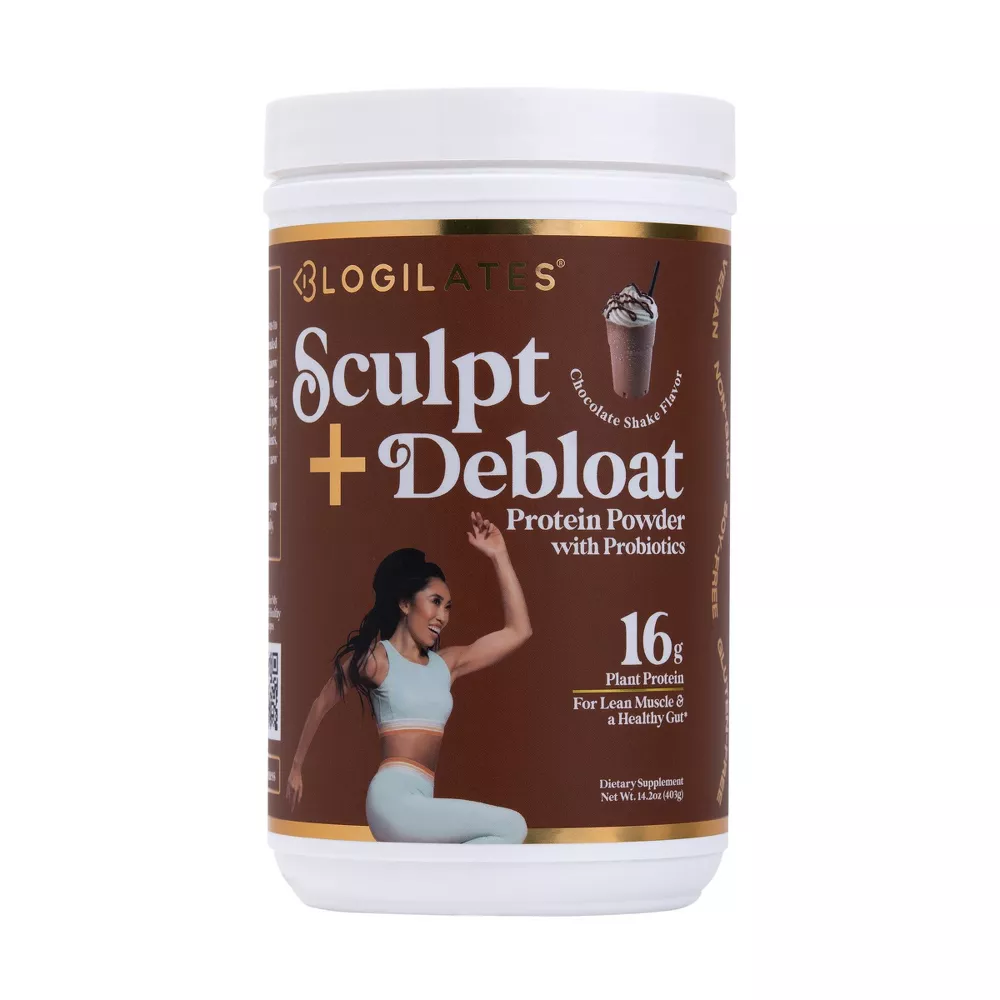
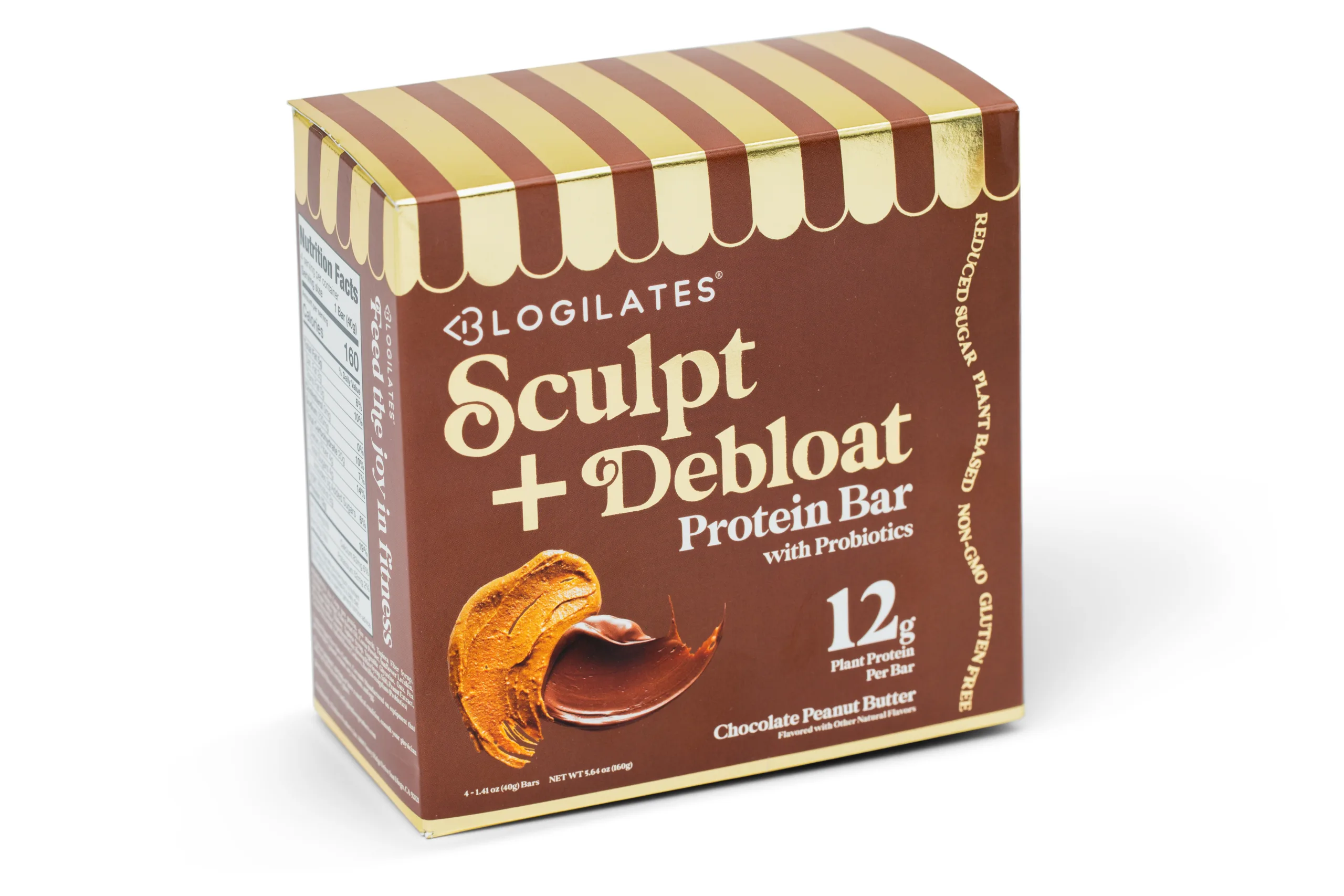
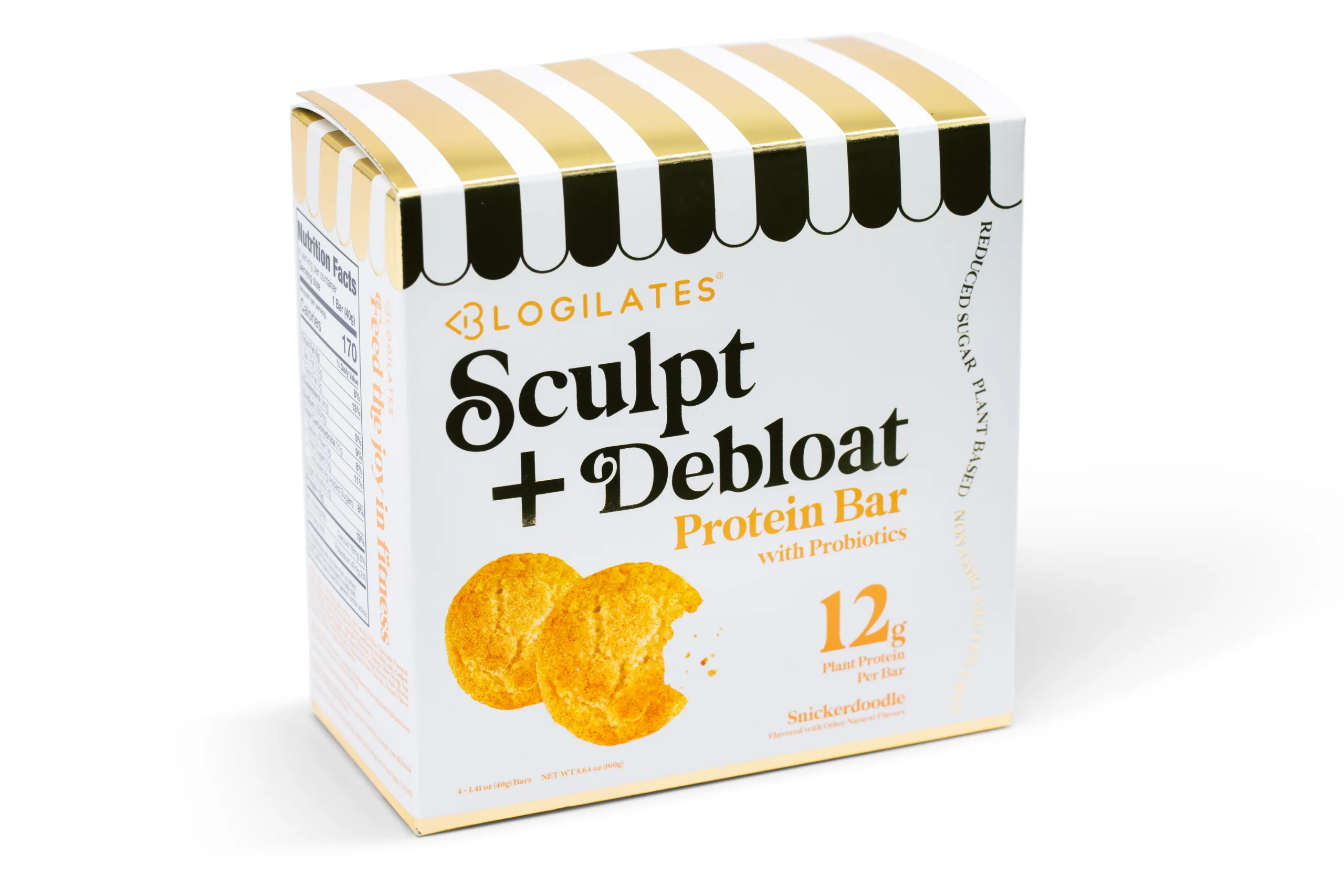
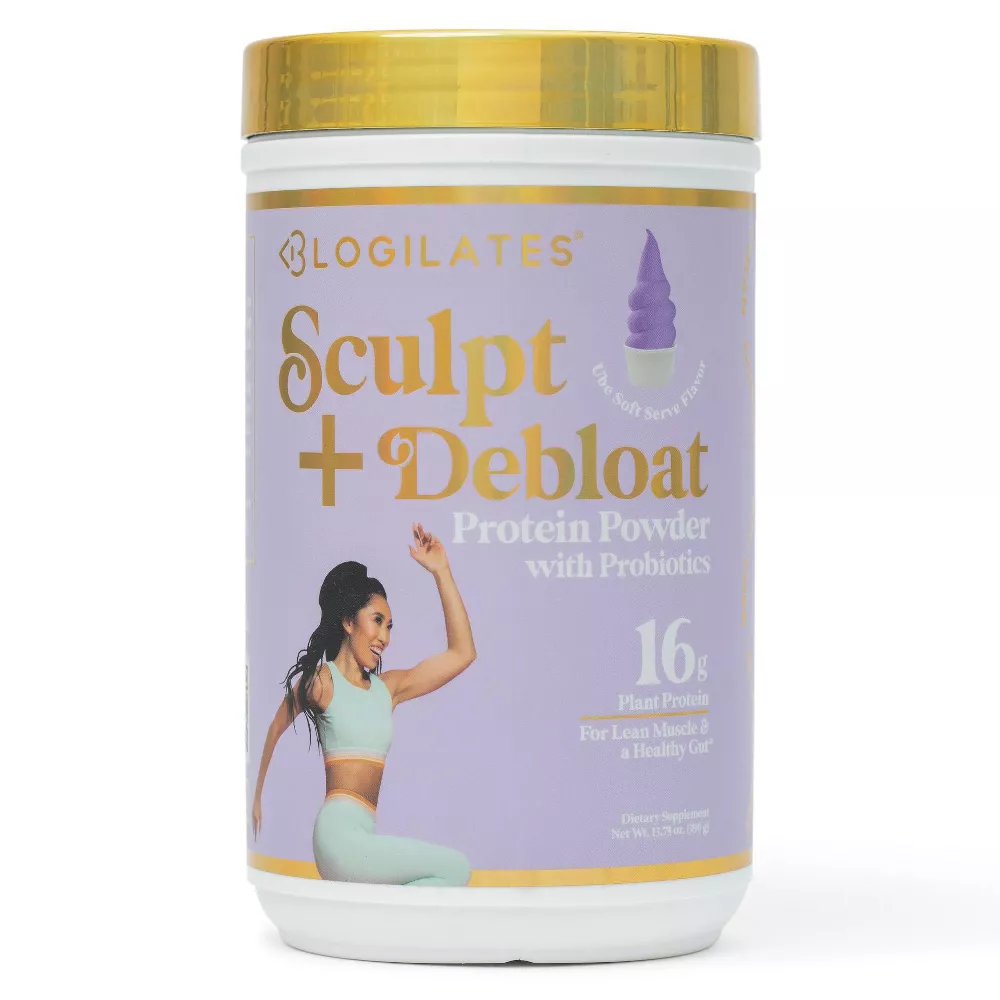



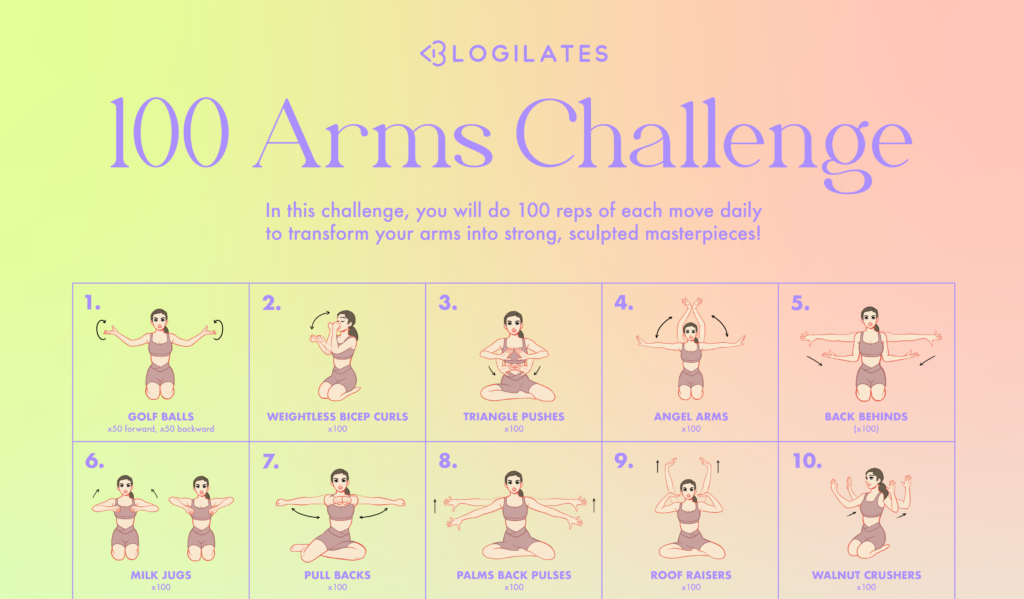
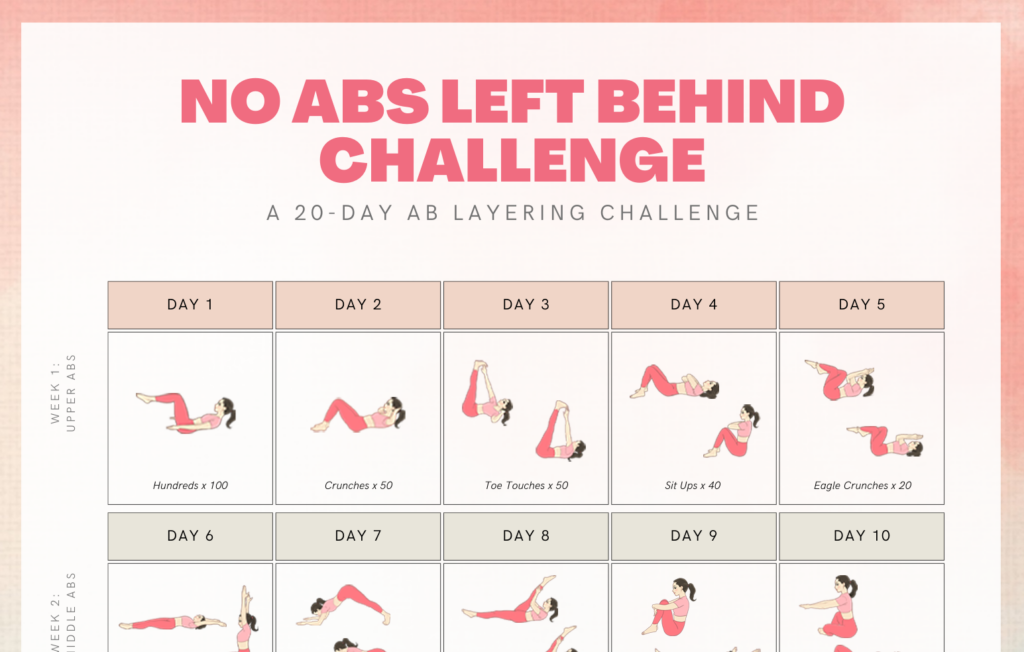
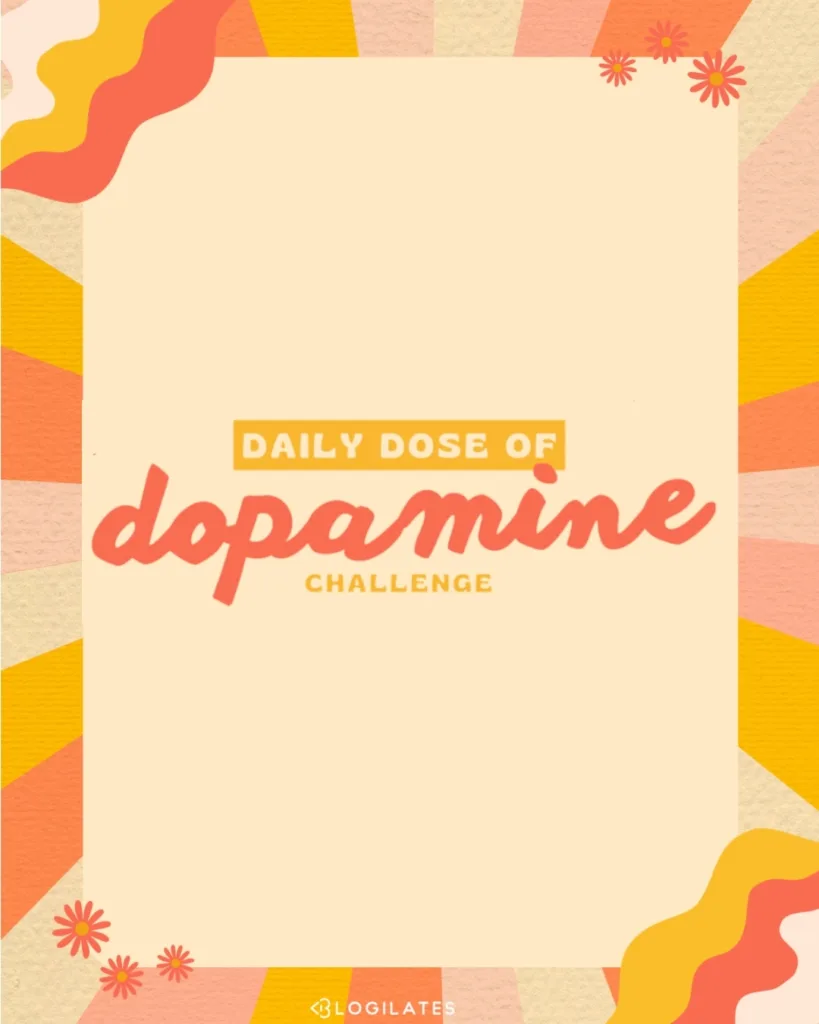
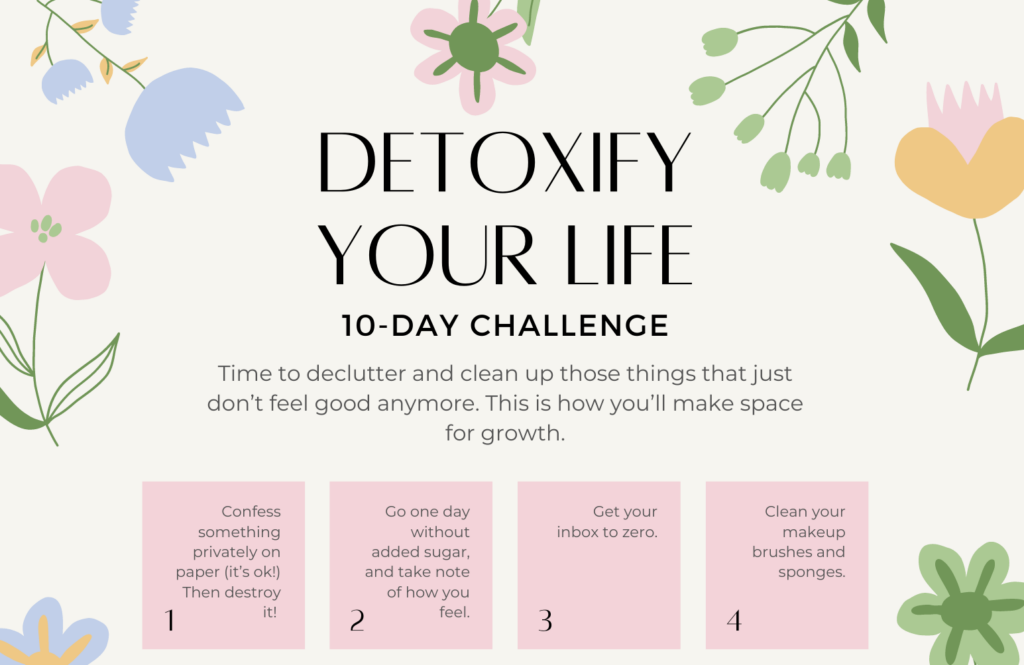
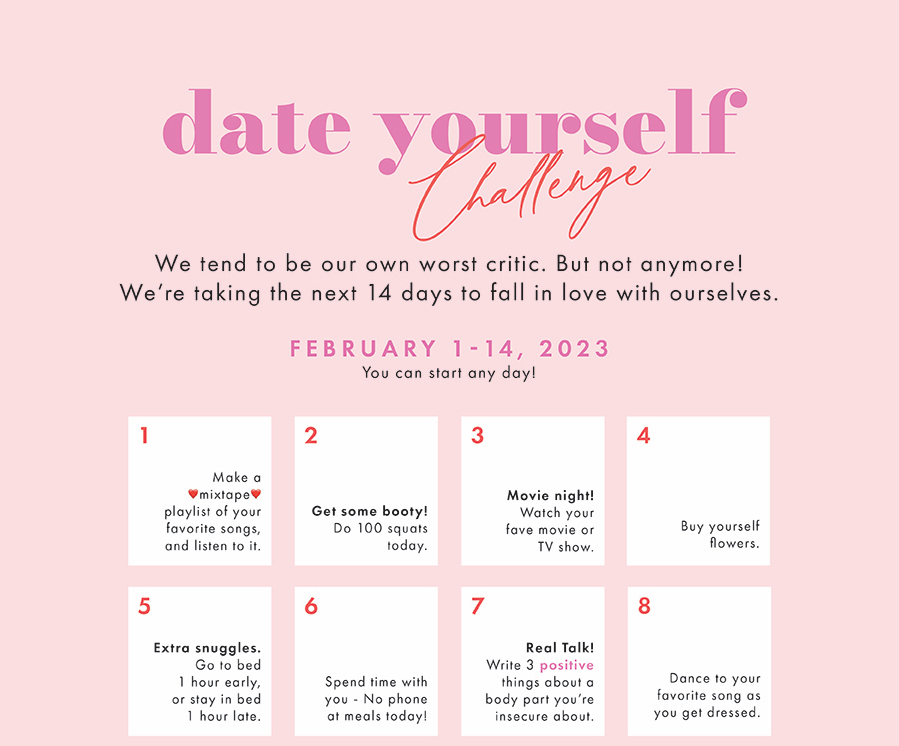
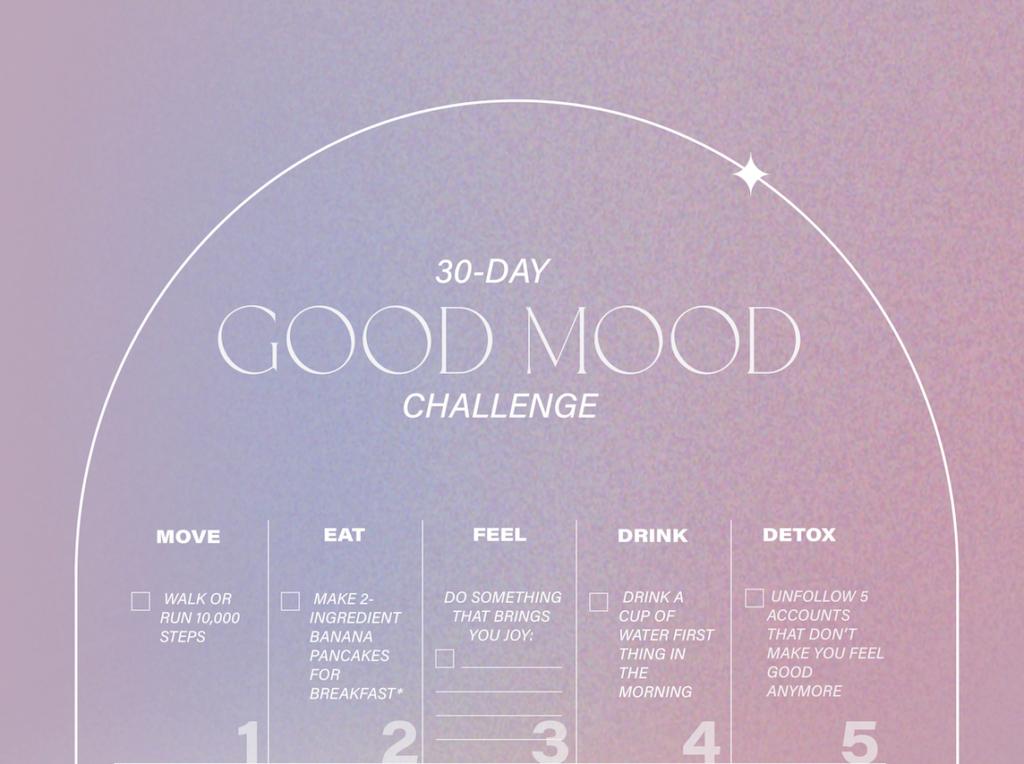
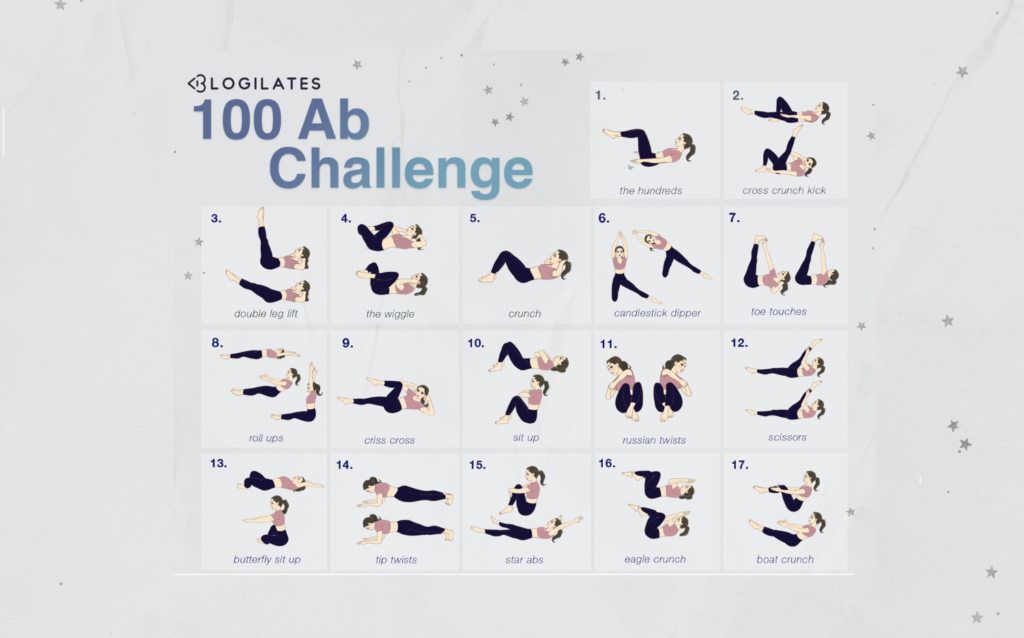
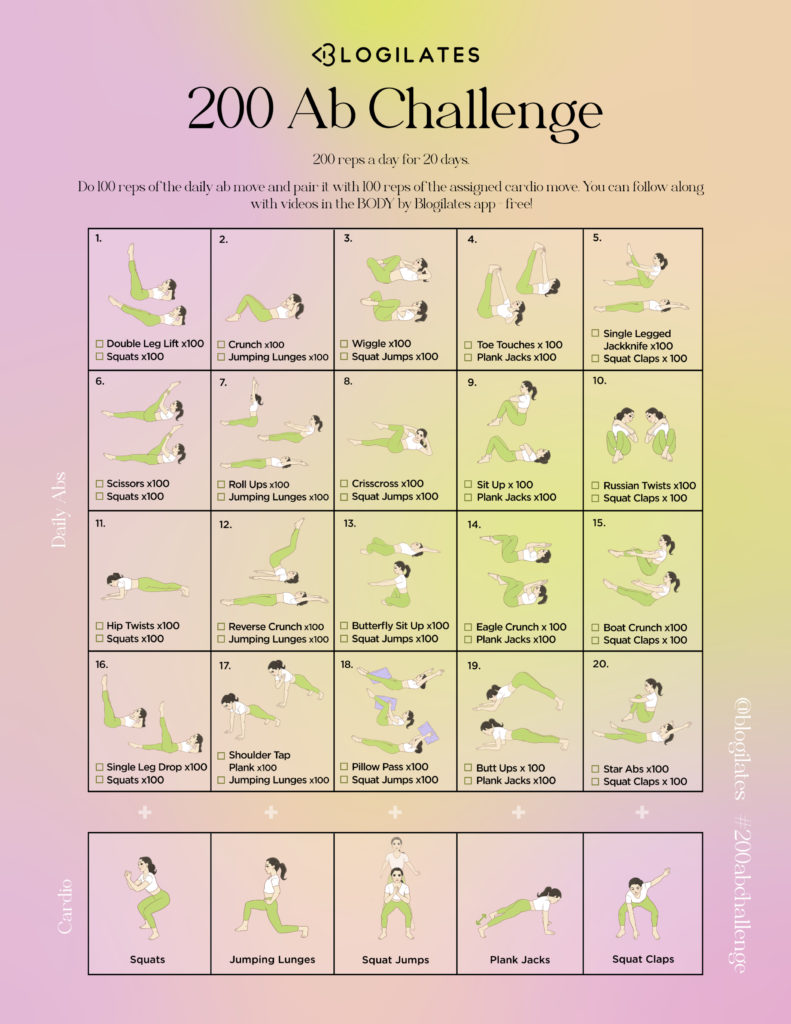


One thought on “An Expert Breakdown on Hormones and Acne”
There are 1 comments posted by our users.
Fact. I have never signed or groaned when reading your blog. I’d call that a complete success!